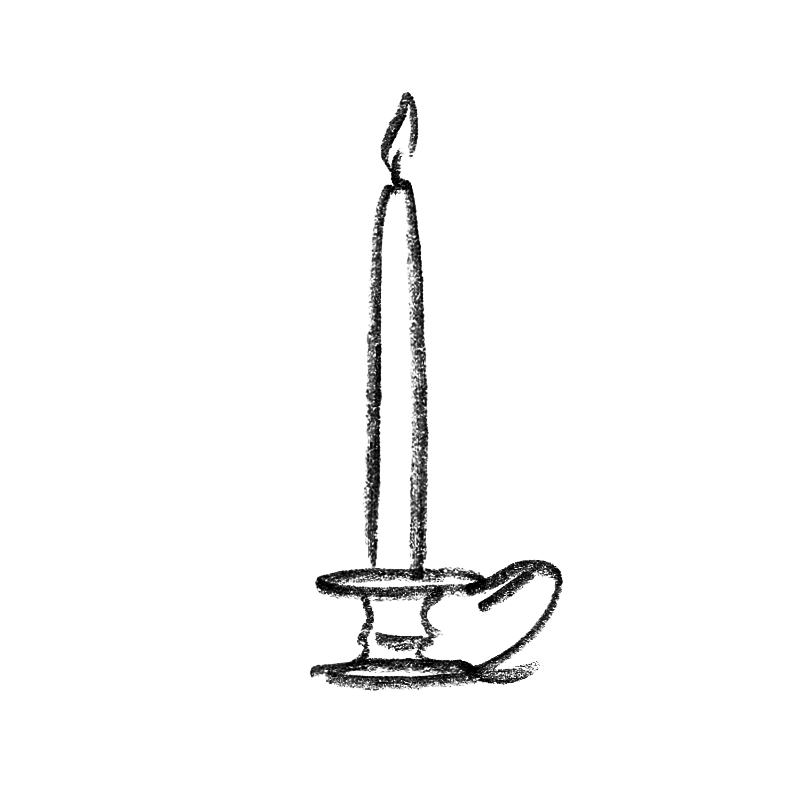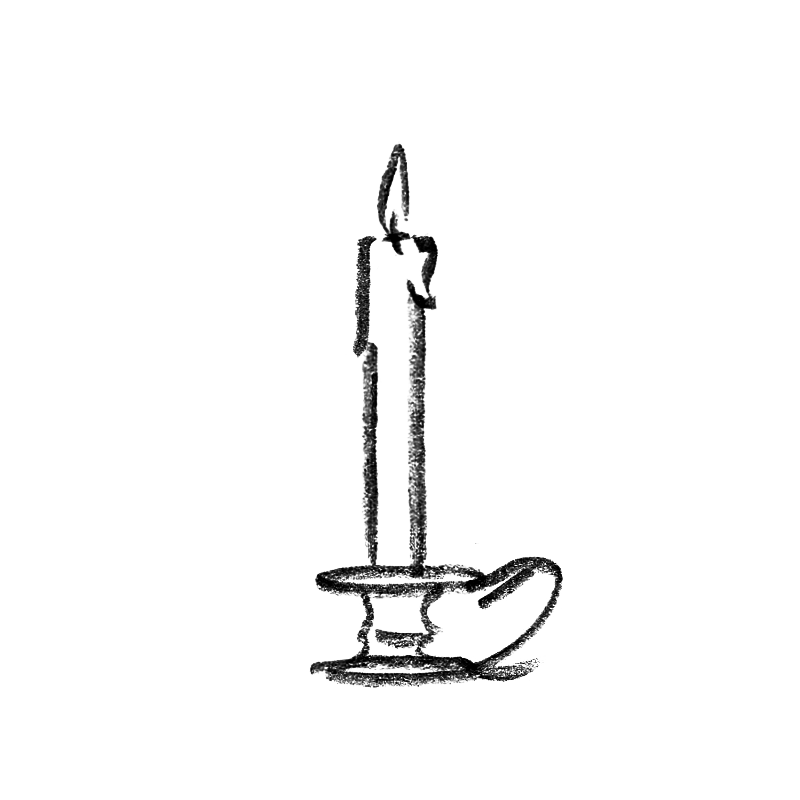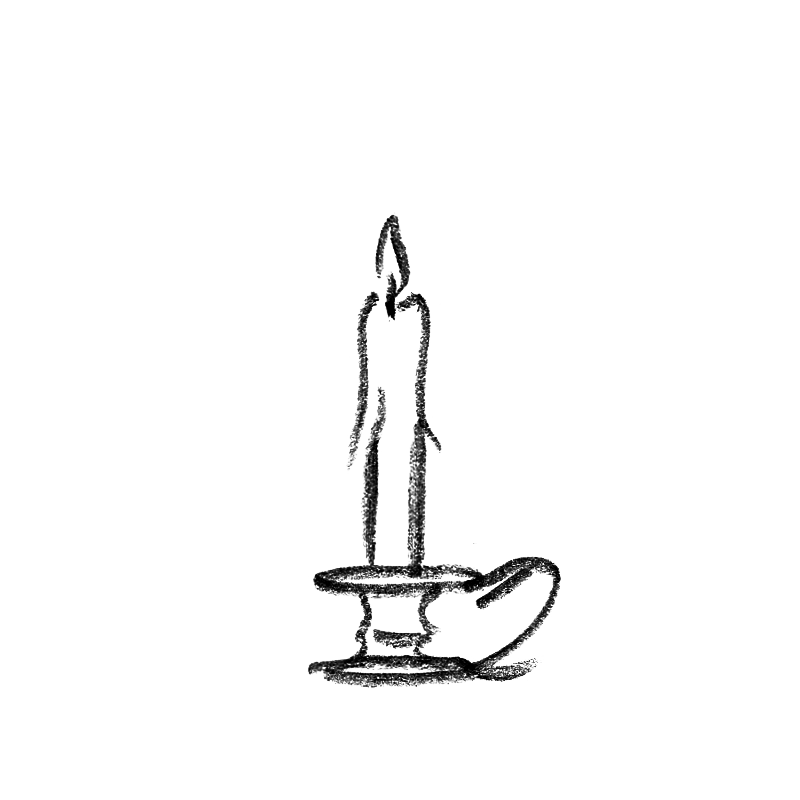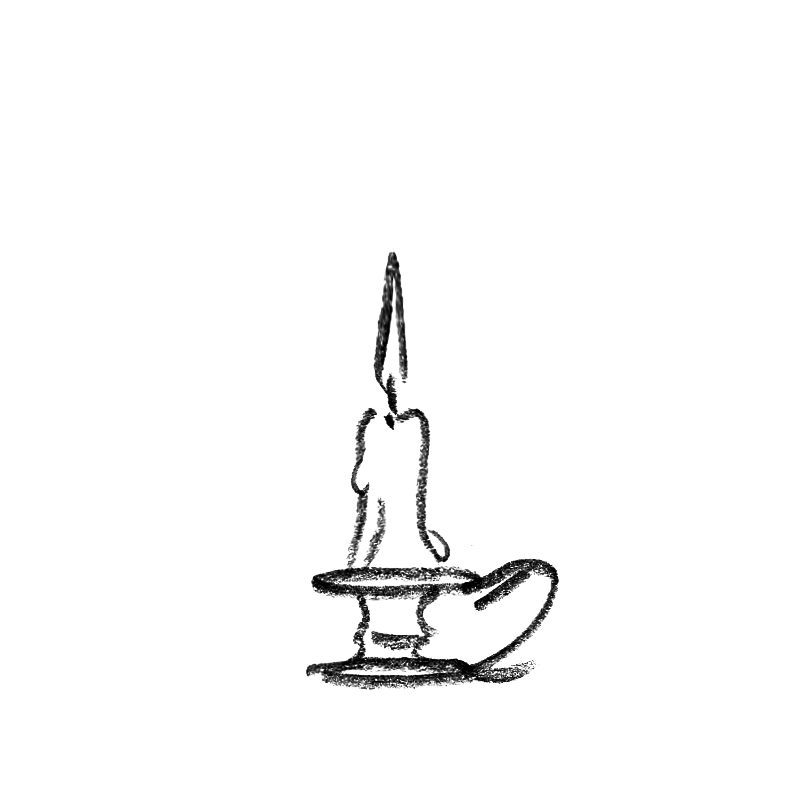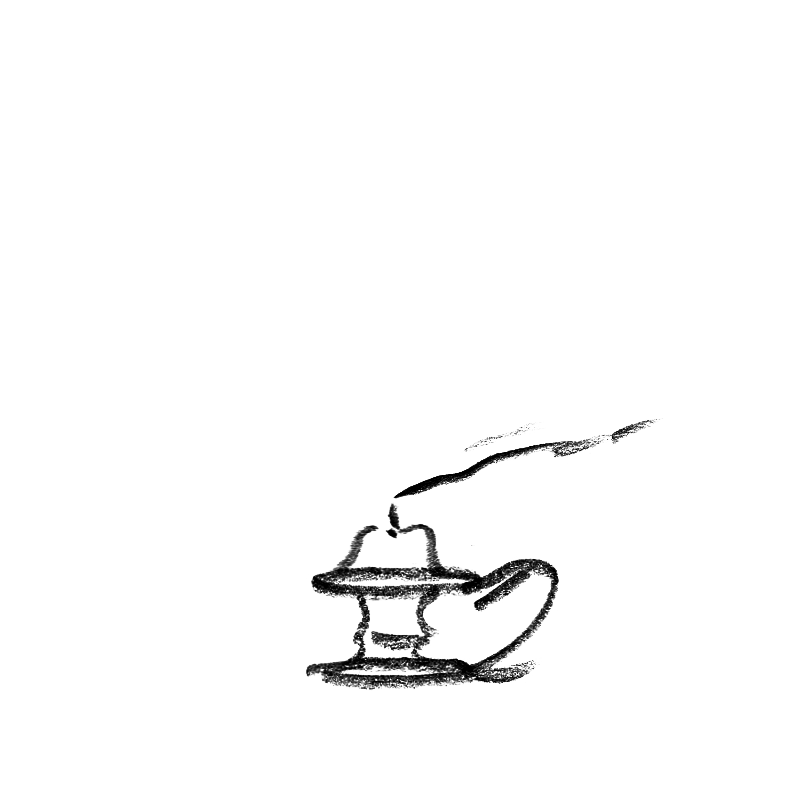Announcing the Winners of 92Y’s 2022 Discovery Contest
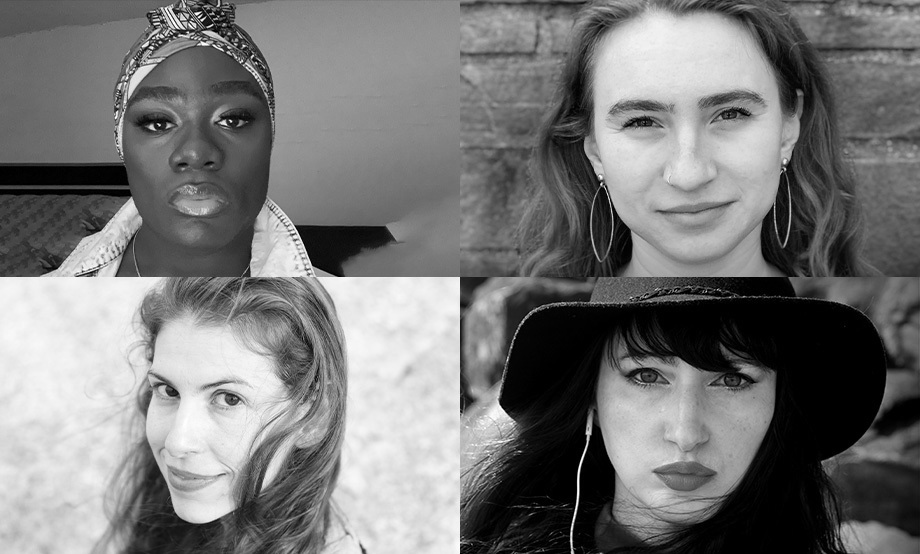
The winners of the 92Y Discovery Contest. From top left, clockwise: Jada Renée Allen, Sasha Burshteyn, April Goldman, Kristina Martino.
For close to seven decades, 92Y’s Discovery Poetry Contest has recognized the exceptional work of poets who have not yet published a first book. Many of these writers—John Ashbery, Mark Strand, Lucille Clifton, Ellen Bryant Voigt, Brigit Pegeen Kelly, Mary Jo Bang, Solmaz Sharif, and Diana Khoi Nguyen, among many others—have gone on to become leading voices in their generations.
This year’s competition received close to a thousand submissions, which were read by the preliminary judges, Sumita Chakraborty and Timothy Donnelly. After much deliberating, the final judges—Victoria Chang, Brian Teare, and Phillip B. Williams—awarded this year’s prizes to Jada Renée Allen, Sasha Burshteyn, April Goldman, and Kristina Martino. The runners-up are Jae Nichelle and Daniel Shonning. The Paris Review Daily is pleased to to publish the poems of this year’s winners.
CHIRAQ
by Jada Renée Allen…… .the tenor
….. …. ….. ……….. …. ….. ………..here is palpable
….. …. ….. …… an aerial view
….. …. ….. …… .leads us to
….. …. ….. …… .the very dregs
….. …. ….. …… .of September
….. …. ….. …… .bullet-tendrils
….. …. ….. …… .sprout from
….. …. ….. …… .the mouths
….. …. ….. …… .of the young
….. …. ….. …… .dead rebels
….. …. ….. …… .bloody blocks
….. …. ….. …… .a red that whips
….. …. ….. …… .not-here whereas
….. …. ….. …… .the mothers
….. …. ….. …… .kiss the concrete
….. …. ….. …… .their darlings
….. …. ….. …… .go gone at
….. …. ….. …… .laying down
….. …. ….. …… .roses with lips
….. …. ….. …… .blistered by lament
….. …. ….. …… .cue the ululations
….. …. ….. …… .the glossolalia
….. …. ….. …… .of it all—
….. …. ….. …… .a mother’s grief
….. …. ….. …… .turned Greek
….. …. ….. …… .comedy her
….. …. ….. …… .son’s shield
….. …. ….. …… .an inoperative
….. …. ….. …… .star a lyric
….. …. ….. …… .so un-American
….. …. ….. …… .it must belong
….. …. ….. …… .elsewhere
for & after Spike Lee
Jada Renée Allen is a writer, educator, and conjure woman from Chicago, Illinois. She is a Pushcart Prize nominee and has received fellowships, scholarships, and support from Tin House, the Kenyon Review Writers Workshop, the Community of Writers, and VONA, among others. Her work either appears or is forthcoming in the Academy of American Poets’ “Poem-a-Day,” Hayden’s Ferry Review, Virginia Quarterly Review, and Wildness. She is an Arizona Commission on the Arts grant recipient and lives upon U.S.-occupied O’odham Jewed, Akimel O’odham, and Hohokam lands, where she listens.
Western Union
by Sasha Burshteyn
Early morning light the color of new money.
I shop not thinking of my grandmother, her money,
her mastery of conversion rates, her gasp at the money
a skirt (her month of rent) can cost. Some money
we carry close to the body, like skin. No money
is ever on the horizon. Our money
lives outside banks, passes from hand to hand like wind. Whose money?
Who doesn’t have a song about money?
I would sing about money,
if I could sing. I watch the money
but I can never understand it. Money
means safety, until it doesn’t. Gray money
cycles through the veins of the world like air. Like money.
I can confess I’ve tried to eat some money,
licked those cold coins. The tang of money.
When I’m not writing, I’m not writing about money.
I spend my days scrolling, making someone money
out of my attention. Blood money.
It’s impolite to discuss money.
We topple countries with our, for their, money.
We have the strongest, bravest money.
If sympathy, if steppe, if everything is cut but the money—
what’s left but money?
I run to see the money.
I exchange this throat for money.
I’m at a séance, hungry and out of money.
It’s the way all other countries have prettier money,
our ugly national green money,
the landlord eating my money,
my mother’s disappearing money—
can’t name a day I’m not consumed by money.
Photographing the burned field of money.
My father went to prison for another man, his money.
Friendship is the lending of money
with no interest. I know the smell of money,
the summer I was paid only in cash. My money.
I’m in the house of other people’s money.
From a little hell I came skipping, coal in one hand, money
in the other. I was stupid then. I could braid grass, but not make it money.
Sasha Burshteyn is a poet. Her work has been supported by National Geographic, the Watson Foundation, and the Goldwater Fellowship at New York University, and has been nominated for a Pushcart Prize. Her writing has appeared in Copper Nickel, The Common, and Pigeon Pages, among other publications.
[ Vocabulary and Geography ]
by April Goldman
Let’s not use the word sick. Something more like thickety. As in, a dense abundance of flowers, elaborately hard to pass through.
My mind hangs loosely in the trees and in this way resembles a warm wind.
Now that I’m on the right drugs, no one can tell I’m sick—especially on the phone.
I always try to get my body into a poem with little metaphors on suffering: Deer bones drying
in a kiln of sweet grass.
Water bitter with cedar. The April gnaw of flowers.
When I talk with healthy people, my mind gathers in the middle like cloth, like something you could crush into a jean pocket.
When my life is going well, the whole thing passes by me with the pleasant clickety-clack of a train.
People know Charles Darwin sailed across the world, but not that when he got home, he never left
…..…..….his house. The lesson I take is that
the past is very little indication of the future.
It is a blue, sky-crying kind of afternoon, and my little dog sleeps in the V of my thigh.
…..…..….Feelings are geographic, which means they are also circumnavigable, with great effort,
steered past.
If I were the color blue, I’d be a part of every wafting lake, empire butterfly, and cold field of flax. What am I that I weep so easily?
…..…..….That I chose this life out of all the lives I could have lived, is not something I believe.
I’d like to eat whatever it is I came out of.
…..………I have a creek running through me. I have miles of white phlox and ponderosa pine.
Illness, much like eroticism, is an intrusion of the feeling body onto the attempting to be thinking mind.
Every erotic moment of my life, I am wearing it (sickness).
What I am most proud of is being this erotic animal.
April Goldman is a poet living in Lake Tahoe, California. Her interests include ecopoetics and ecofeminism, disability studies and mental illness, nonhuman animal rights, and her dogs, Lloyd and Pinky. She earned an MFA in poetry from the University of Houston and has attended the Bread Loaf, Community of Writers, and Napa Valley Writers conferences.
Gretel, Sans Hansel, as Not a Girl
by Kristina Martino
As a child, my body brandished a prance.
But now. The phantom’s implanted.
I lance-walk with de-light in the raucous
dice roll of real life wherein I ideate
on spike-peppery poison—the per-
version of belladonna’s epidermis—
and impure thoughts about knives.
Nein. I’m not not a girl. Most nights
I make it home willy-nilly with nary
a nod to annihilation even when
the moon flicks a nervous tic light,
lavish, lavish, then nix. Nix. No,
finicky, vast-lapsed as if … as if saying,
learn to exist
in a galaxy on the fritz. It’s a lust-
sting, this living, rough as tracing the rust
of your insides. How many times
have I almost died? An animal never asks.
But I? Eins, zwei, drei, vier. Veer a fah
into a vah and four sounds like fear.
And five? Will it be the de rigueur rigor
of the river’s imprimatur, id est, its sig-
nature, that which makes the current live-
wired with rimple and zest, the rip-rip-rip
pling push-pull of the impregnable pawing
forth of claw-source, overtorque and un-
dertow, terrifying as the teat’s lascivious
lapses into lactation when there is
no child. Lest I figure like a fatalist,
I’ll mention Daedalus:
I only think about death in poems,
in the act of .wing-making.
The aftermath of overawe, baroque as
Aurora Borealis and the half-century
rot of broke-down, abandoned cars,
glaring with my fire-bearing errancies
and inner-bedlam over lost breadcrumbs.
I killed the witch and now they call me
one. I make a museum of the witch’s finer
things. The moon’s monolithic slo-mo,
always molting more of itself, an inter-
galactic galactorrhea. The museum’s
a mother. Liken my labors to the horse
tail’s lazy flays. Always, I oversaw but not
enough. Even science knows trees can talk,
not just the children of myths. From my
window, the woods are picturesque,
yet petrified. It’s where all the animals die.
Kristina Martino is a poet and visual artist. Her poems have appeared in “Poem-A-Day,” Interim, and “Best New Poets 2021.” She holds an MFA from the Iowa Writers’ Workshop, and has received fellowships from the Oak Spring Garden Foundation, the Ellis-Beauregard Foundation, and the Corporation of Yaddo.
Copyright
© The Paris Review


